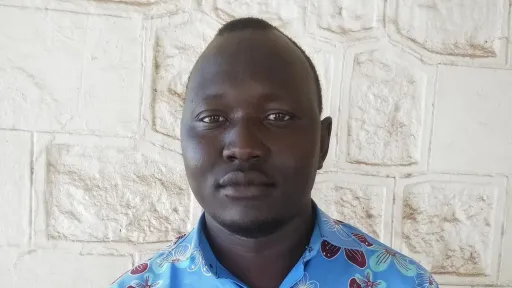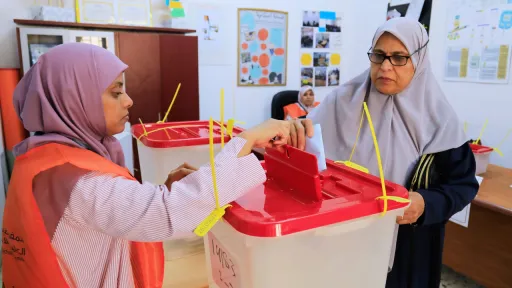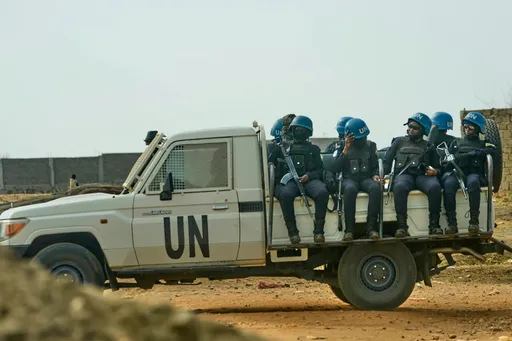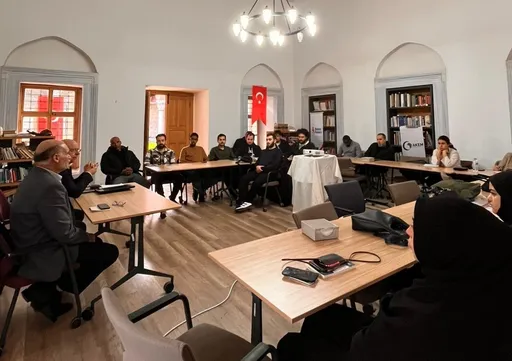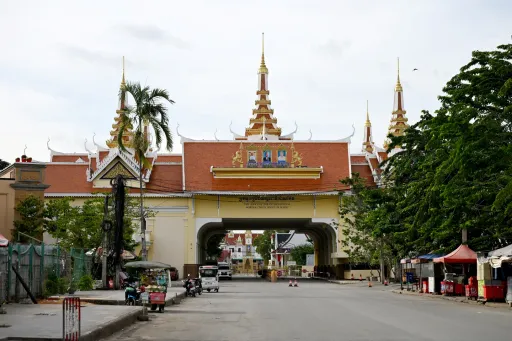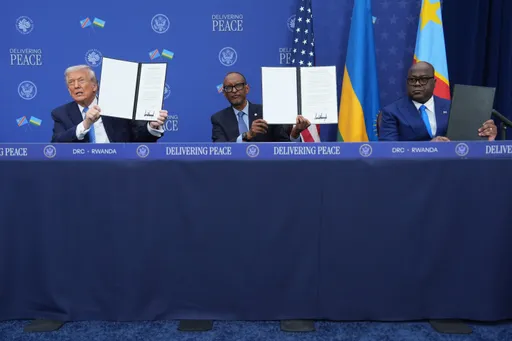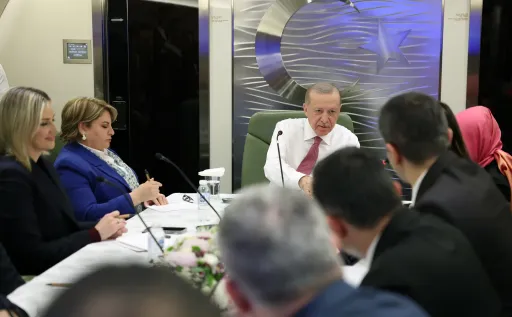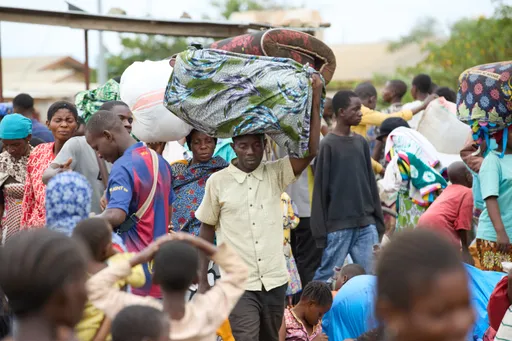Hundreds of protesters gathered in Kenya's capital Nairobi on Thursday, with police firing rubber bullets and tear gas as turnout by demonstrators dropped sharply, following deadly clashes earlier this week.
A day after President William Ruto caved in to demands by young protesters to withdraw a deeply unpopular tax hike bill, small groups of demonstrators took to the streets, calling for the Kenyan leader's removal.
The scattered crowds, numbering a few hundred according to AFP journalists at the scene, made their way to Nairobi's business district as soldiers were deployed and police in anti-riot gear blocked access along roads leading to Ruto's office at State House and parliament.
Isolated scuffles broke out between some stone-throwing demonstrators and officers who fired rubber bullets and tear gas, arresting at least seven people, AFP journalists saw.
After unprecedented scenes broadcast live saw parliament ransacked on Tuesday, with police opening fire on protesters, Ruto made a surprise U-turn on the tax hikes and called for dialogue with young Kenyans.
'Fearing for their lives'
Cephas, a 24-year-old student who only gave his first name, told AFP that Ruto's decision to scrap the tax increases had come too late, adding "it's not about the bill, it's him."
He said many protesters had chosen not to show up on Thursday "because they are fearing for their lives."
Several women, who had attended previous protests, told AFP they had decided to stay away on Thursday.
"It's looking scary out there," a 26-year-old woman protester told AFP on condition of anonymity, explaining her decision to stay home.
Most protesters were men
AFP journalists said most of the demonstrators attending Thursday's rallies were men.
Many shops remained shuttered as traders worried about further unrest.
Hundreds of protesters also rallied in the port city of Mombasa and the opposition bastion of Kisumu, local TV showed, with some blocking roads and lighting fires in the lakeside city.
The protests – led largely by young, Gen-Z Kenyans – kicked off last week and caught the authorities off-guard, as Ruto's government ricocheted between taking a tough line on the unrest and calling for dialogue.
'People have spoken'
But on Wednesday, the Kenyan leader declined to sign the increases into law and withdrew the bill.
"The people have spoken," he said, adding that he would seek "engagement with the young people of our nation."
But protesters said they would still rally in memory of those killed in the demonstrations, criticising Ruto's dramatic reversal as a case of too little, too late.
The state-funded Kenya National Commission on Human Rights counted 22 dead nationwide – 19 in Nairobi alone – and 300 injured in the aftermath of Tuesday's protests, vowing an investigation.
'Cannot take risk'
Shops were largely closed in Nairobi's business district on Thursday.
"We cannot take risk," Joe, an employee in a perfume store, said as he prepared to head home.
"Why did they have to kill these young people? This bill is not worth people dying," the 30-year-old said.
"We are in uncharted waters."
Protesters' abduction
The unrest has alarmed the international community, with Washington calling on Kenya to respect the right to peaceful protest and the UN urging "accountability" for the bloodshed.
Rights watchdogs have accused the authorities of abducting protesters.
The police have not responded to AFP requests for comment.
Ruto rolled back some of the tax measures last week, prompting the treasury to warn of a budget shortfall of 200 billion shillings ($1.6 billion).
Fiscal reforms
Ruto said on Wednesday that withdrawing the bill would mean a significant hole in funding for development programmes to help farmers and teachers, among others.
The cash-strapped government had said previously that the increases were necessary to service Kenya's debt of some 10 trillion shillings ($78 billion), equal to roughly 70% of GDP.
Ruto's administration has been under pressure from the International Monetary Fund, which has called for fiscal reforms in order to access crucial funding.
➤ Click here to follow our WhatsApp channel for more stories.









